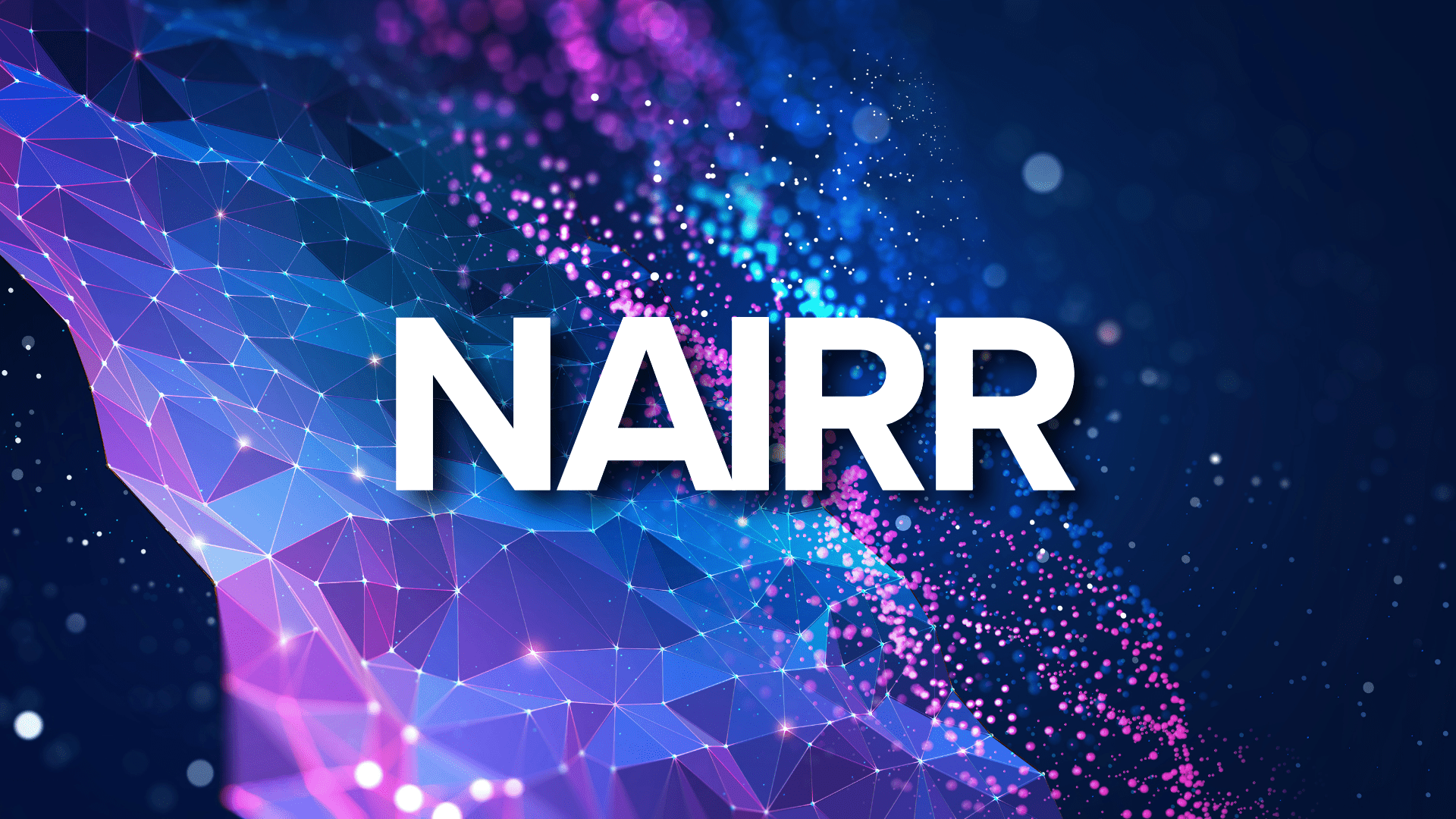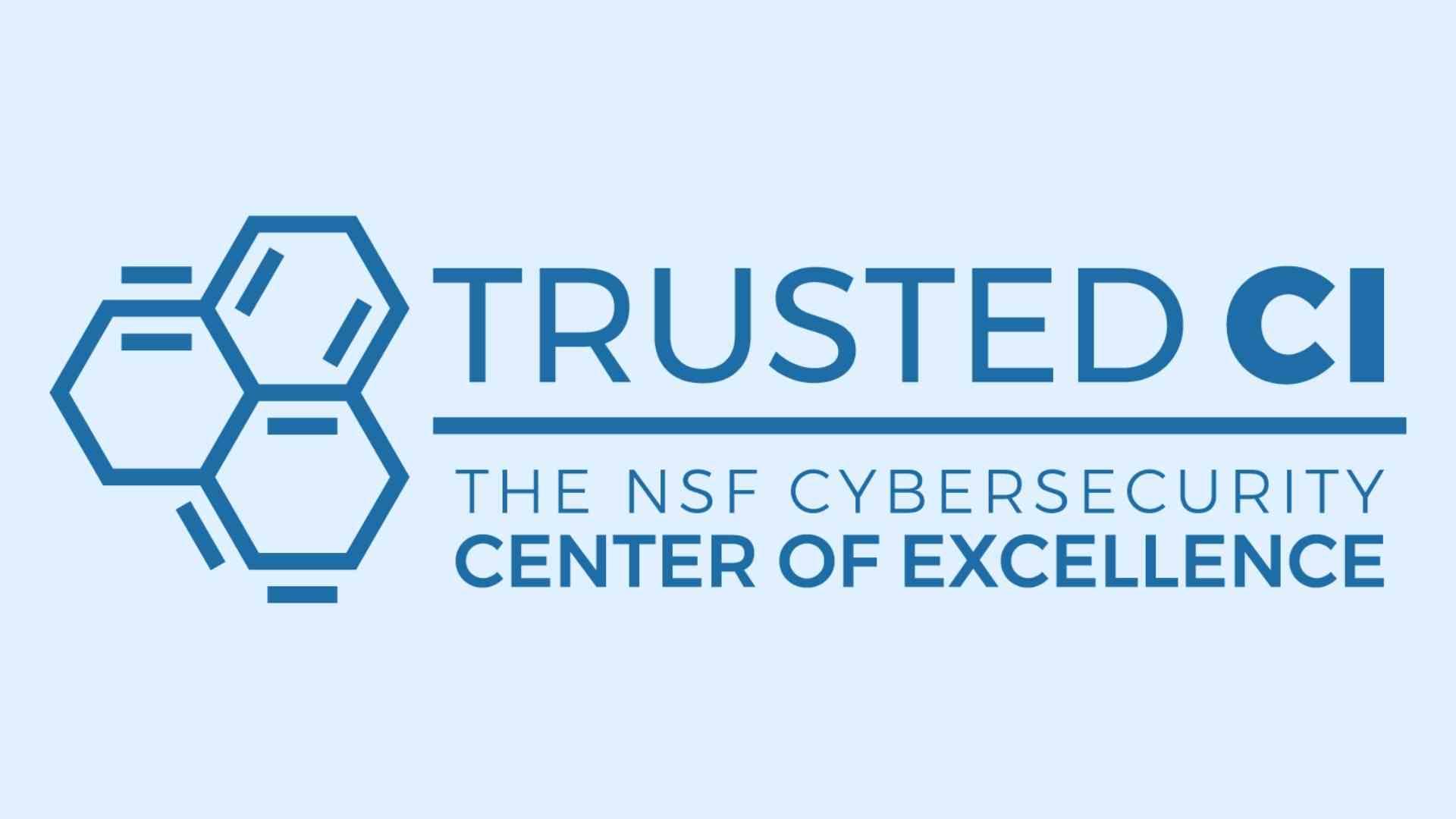Collaborations
PSC’s collaborations with major institutions and vendors enable us to promote and support innovative projects and programs with short- and long-term national and international impact on our lives and the lives of future generations. Our collaborative efforts help develop the best possible solutions for the scientific, engineering, research, and education communities.
Current collaborations
ACCESS
ACCESS, the NSF’s Advanced Cyberinfrastructure Coordination Ecosystem Services and Support program, succeeds the XSEDE program, of which PSC was a leading member.
PSC leads Allocations Services, responsible for providing equitable access to NSF-funded cyberinfrastructure resources for the nation’s research and education community with the goal of enabling discoveries at scales beyond the reach of an individual or regional academic institution.
NAIRR
The National Artificial Intelligence Research Resource (NAIRR) Pilot aims to connect U.S. researchers and educators to computational, data, and training resources needed to advance AI research and research that employs AI.
PSC’s Neocortex, with its innovative, AI-specialized design, and Bridges-2, PSC’s flagship resource, are available for allocations in the NAIRR pilot project.
Learn more about PSC’s involvement in NAIRR in our NAIRR FAQ.
Brain Image Library
Brain Image Library (BIL), a national public resource and collaboration with CMU’s Molecular Biosensor and Imaging Center and the University of Pittsburgh’s Center for Biologic Imaging, enables researchers to deposit, analyze, mine, share and interact with large brain-image datasets.
Human BioMolecular Atlas Program
The Human BioMolecular Atlas Program (HuBMAP), a mapping system for human tissues funded by the National Institutes of Health, is a collaboration between PSC and the Department of Biomedical Informatics (DBMI) at the University of Pittsburgh School of Medicine. PSC and DBMI are working with a number of other teams as part of the HuBMAP Integration, Visualization and Engagement (HIVE) Collaboratory.
SenNet
The Cellular Senescence Network (SenNet) is funded by the National Institutes of Health (NIH) Common Fund and overseen in collaboration with the National Institute on Aging and National Cancer Institute. Through coordination by scientists in Pittsburgh, SenNet will create a navigable, 3D map of the body that offers data and analysis on cellular aging, shedding light on nerve degeneration, diabetes, cancer, and normal tissue functions.
Trusted CI
Trusted CI works directly with the NSF open science community to tackle individual cybersecurity related projects and challenges and to share best practices through in-depth engagement, training, webinars, and publications. Trusted CI also hosts the annual NSF Cybersecurity Summit, bringing together over one hundred members of the research community to share cybersecurity experiences and form key relationships.
Latest news from our collaborations
Previous collaborations
MMBioS
The National Center for Multiscale Modeling of Biological Systems (MMBioS) developed tools to advance and facilitate cutting-edge research at the interface between high performance computing and the life sciences. The overarching goal was the predictive multi-scale modeling of the spatiotemporal organization and evolution of neuro-signaling systems and events.
NCGAS
NCGAS was a collaboration between Indiana University and Pittsburgh Supercomputing Center that focused on supporting researchers with genomics projects funded by the National Science Foundation or aligned with the NSF mission. PSC provided computing resources, bioinformatics software, datasets, and consulting services, making it easier for scientists to do science.
XSEDE
Building on experience and a reputation as a national supercomputing center, PSC was a leading partner in the Extreme Science and Engineering Discovery Environment (XSEDE), a central system for researchers to share computing resources.









